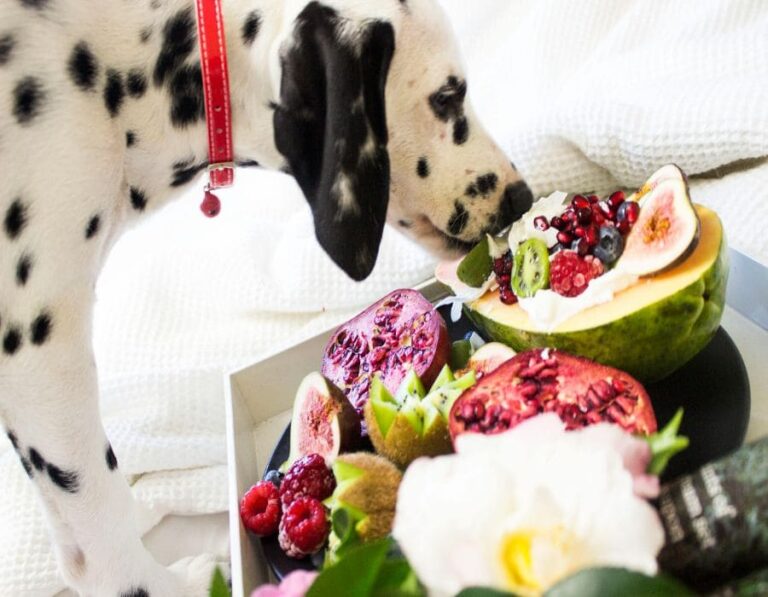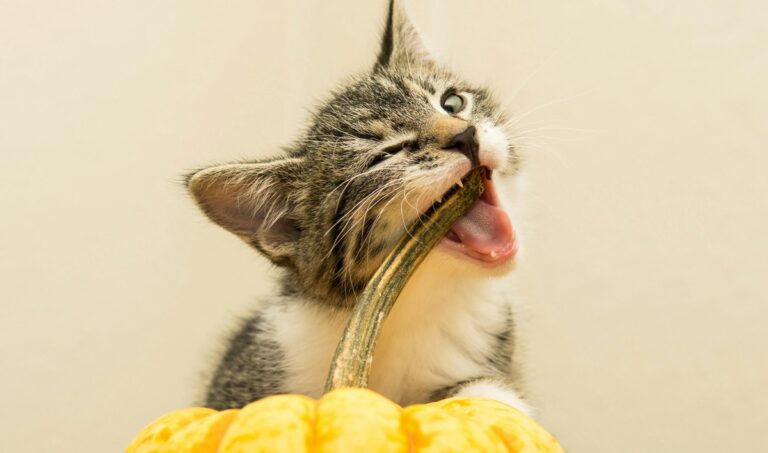14 Smells That Cats Absolutely Hate (And 4 Scents They Adore!)
Cats may be curious and independent creatures, but they also have an incredibly strong sense of smell—about 14 times stronger than humans! This heightened sense makes them sensitive to a wide range of odors, some of which they absolutely despise.
If you’ve ever seen your cat scrunch up their nose, back away, or even flee from a particular scent, it’s because their sharp noses are picking up something offensive. On the flip side, there are a few scents that cats actually love and are naturally drawn to.
Here are 14 smells that most cats can’t stand—and 4 scents that they adore! Starting with the smells they hate:
1. Citrus (Oranges, Lemons, Limes, and Grapefruit)

Cats are repelled by the strong acidic scent of citrus fruits. Whether it’s the smell of lemon peels, orange zest, or grapefruit oil, these scents send most cats running. This is why orange or lemon peels are sometimes used as natural deterrents to keep cats away from furniture or plants.
2. Vinegar

The sharp, acidic smell of vinegar is just as unpleasant for cats as it is for humans—only magnified. While it’s a great natural cleaner and deodorizer for homes, avoid using it near your cat’s food, bedding, or litter box, as it can make them uncomfortable.
3. Banana

It might be surprising, but bananas are one of the most disliked scents among cats. The fruit’s natural chemicals, particularly the ethyl acetate it releases, can make them recoil. Some owners use banana peels as a harmless way to deter cats from scratching furniture.
4. Mint, Menthol, and Eucalyptus
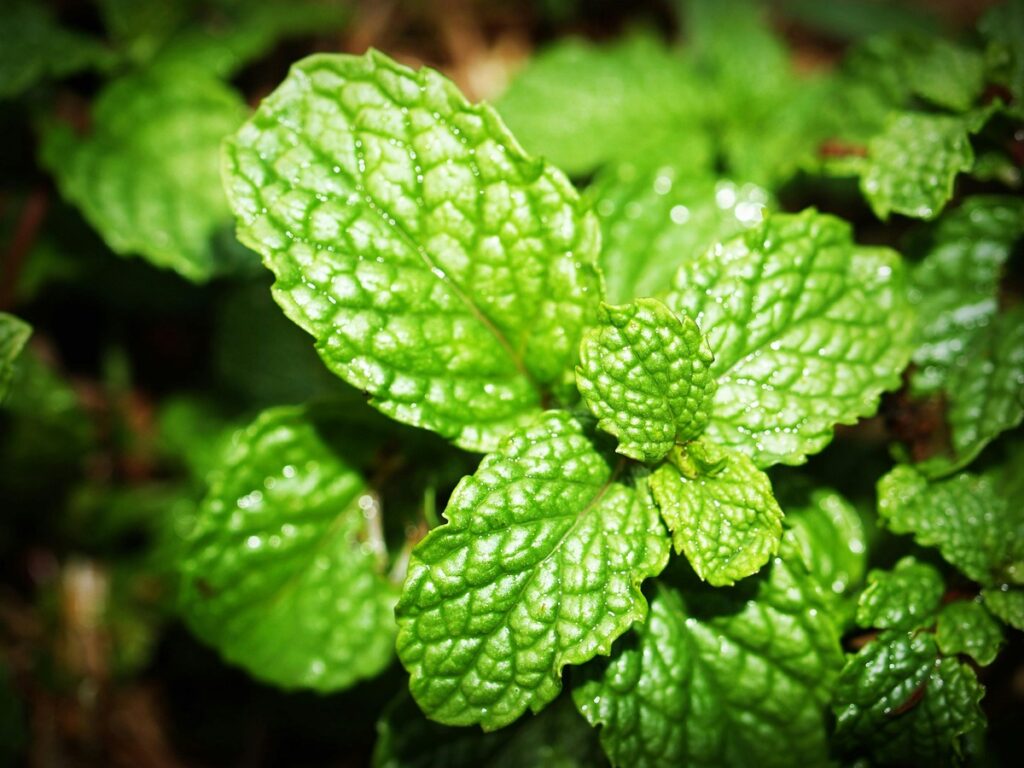
While minty smells might be refreshing to humans, they are overwhelming and unpleasant to cats. Menthol and eucalyptus contain compounds that can even be toxic to felines if ingested, so keep mint-flavored products, eucalyptus essential oils, and medicinal balms away from your furry friend.
5. Cinnamon

Cinnamon has a strong, spicy aroma that cats find irritating. While it’s not necessarily harmful in small amounts, concentrated cinnamon oils and powders can cause allergic reactions in some cats, leading to sneezing or skin irritation.
6. Lavender
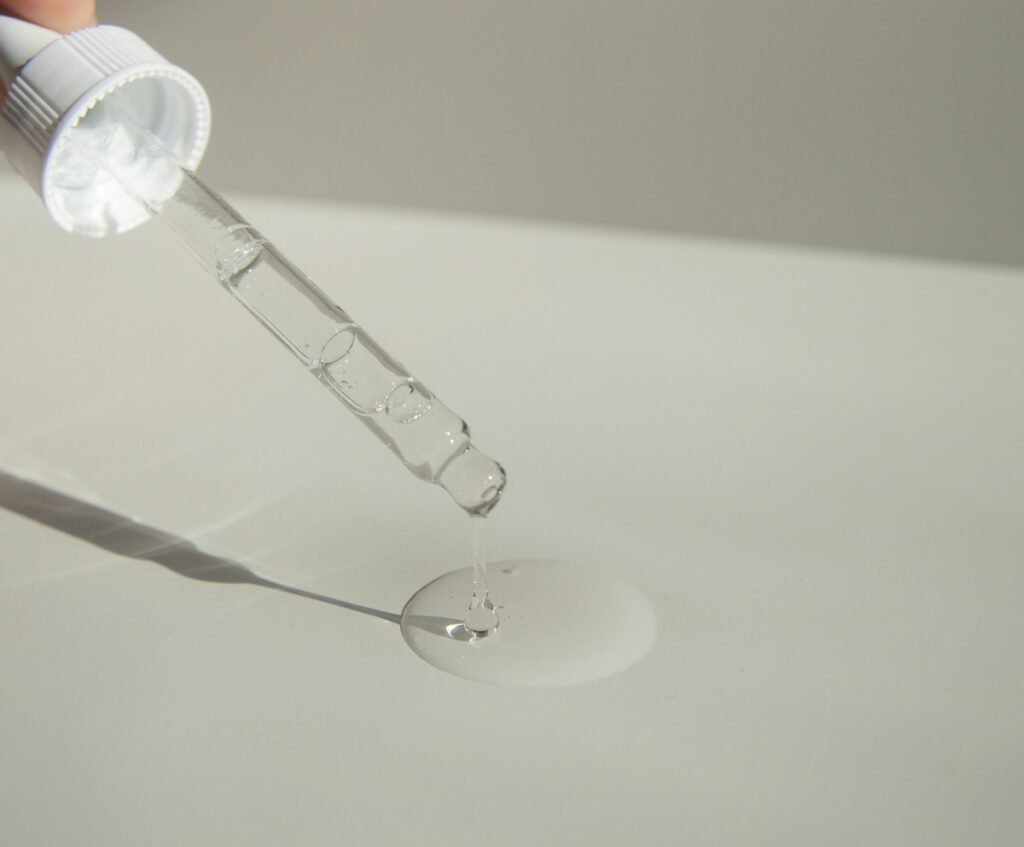
Lavender is a popular scent for relaxation in humans, but for cats, it’s an overpowering smell that can make them uncomfortable. Additionally, lavender essential oil can be toxic to cats, so be cautious when using it in your home.
7. Coffee Grounds

Cats dislike the strong, bitter scent of coffee, which is why some gardeners use used coffee grounds to deter cats from digging in their plants. While coffee itself is toxic to cats if ingested, the smell alone is usually enough to keep them away.
8. Pine and Cedar

While some cat litters contain pine or cedar scents, many cats actually dislike overly strong pine and cedar smells. Some essential oils derived from these trees can be toxic to felines, so it’s best to avoid using them around your pet.
9. Spicy Peppers (Chili, Cayenne, and Black Pepper)

Capsaicin, the active compound in chili and cayenne peppers, is highly irritating to a cat’s nose and can cause sneezing, irritation, and even discomfort if inhaled. Many pet owners sprinkle cayenne around plants to deter cats, but be careful—excessive exposure can be harmful.
10. Rotten or Spoiled Food
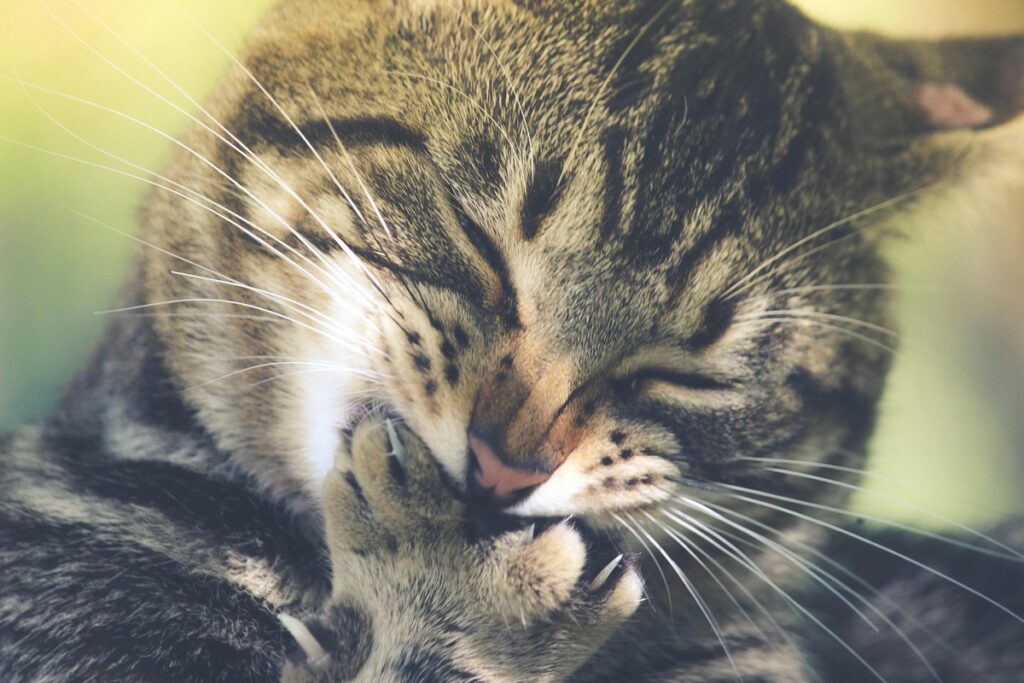
Just like humans, cats are repulsed by the smell of spoiled food, moldy meat, or sour milk. However, some strong-smelling foods that humans find unpleasant—like fish—can actually be appealing to them.
11. Ammonia

Cats hate the harsh, chemical smell of ammonia, which is why many cleaning products that contain ammonia should be avoided in cat-friendly households. Ironically, ammonia is also found in cat urine, so using ammonia-based cleaners can sometimes encourage cats to pee in the same spot again.
12. Perfumes and Artificial Fragrances
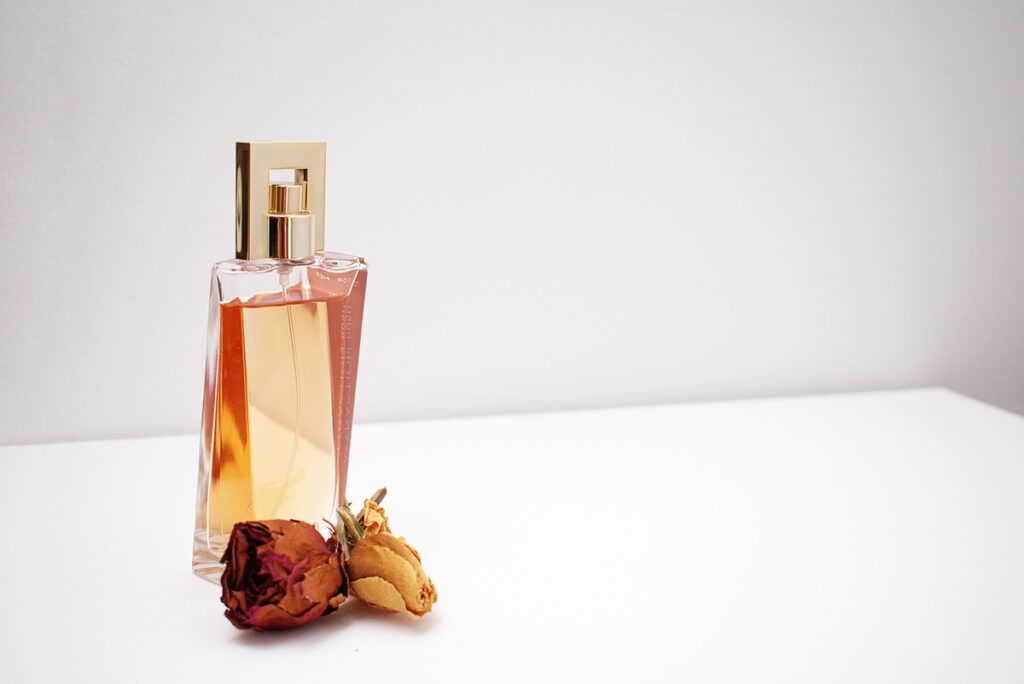
Many cats dislike the overpowering scent of perfumes, air fresheners, and scented candles. Strong floral or musky fragrances can be too intense for their sensitive noses, causing them to sneeze or avoid certain areas of the house.
13. Household Cleaners and Bleach

Strong-smelling cleaning products, especially those containing chlorine, bleach, or ammonia, can be too harsh for a cat’s nose and cause irritation. Always make sure your cat has a safe space away from cleaning fumes.
14. Alcohol

Whether it’s rubbing alcohol or alcoholic beverages, the strong, sharp smell is highly unpleasant for cats. Since alcohol can be toxic to felines, it’s best to keep all alcohol-based products well out of their reach.
That being said, let’s look at 4 smells that cats adore:
1. Catnip
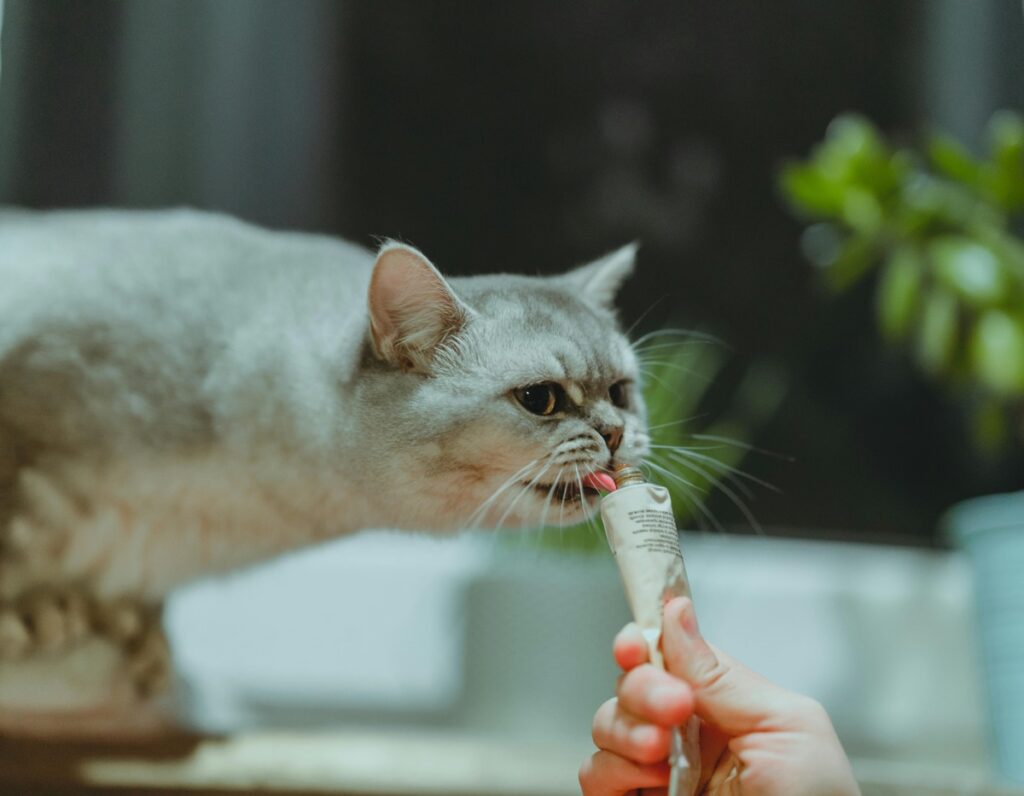
The most famous feline-friendly scent, catnip contains a compound called nepetalactone, which triggers euphoria, playfulness, and excitement in most cats. Some cats roll in it, chew on it, or rub their faces against it.
2. Olive and Olive Leaf

Believe it or not, many cats are drawn to the smell of olives and olive leaves. The compound in olives is similar to the one found in catnip, making them irresistible to some felines.
3. Valerian Root
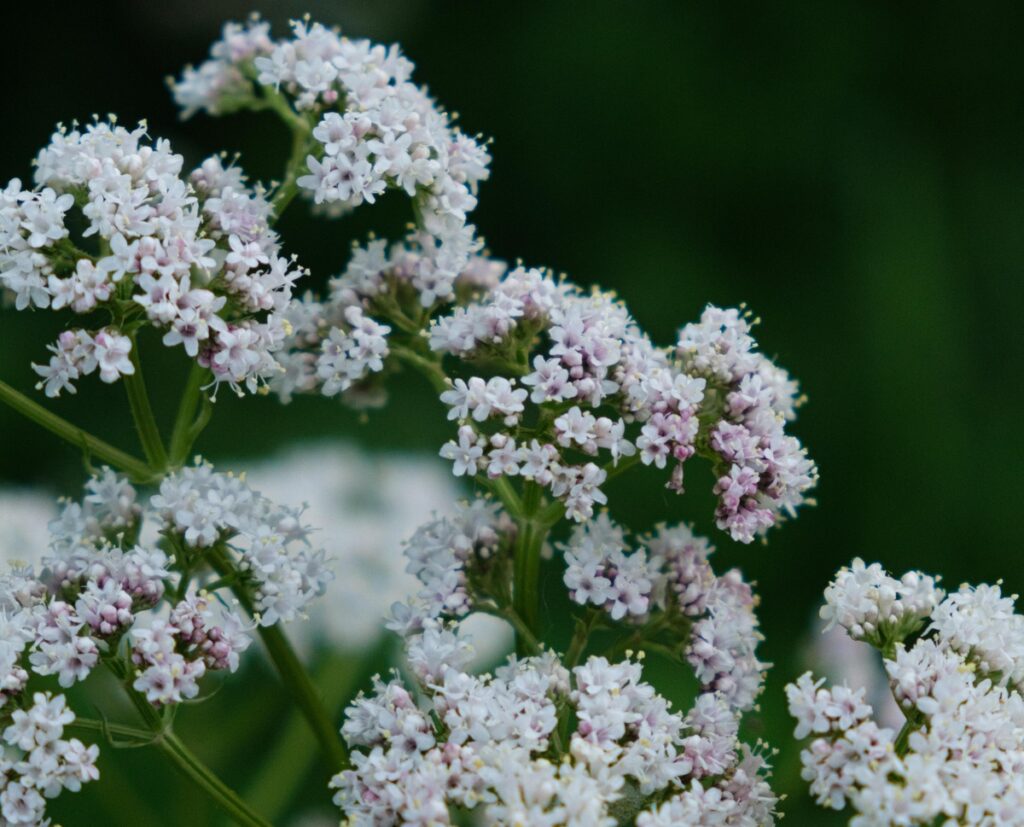
Valerian root has a strong, musky scent that might seem unpleasant to humans but can have a catnip-like effect on felines. It can make them feel energetic and playful, making it a great alternative for cats that don’t respond to catnip.
4. Honeysuckle

The sweet, floral scent of honeysuckle is another scent that many cats adore. Some cat toys are infused with honeysuckle, and certain types of wood from honeysuckle plants can have a similar effect to catnip.
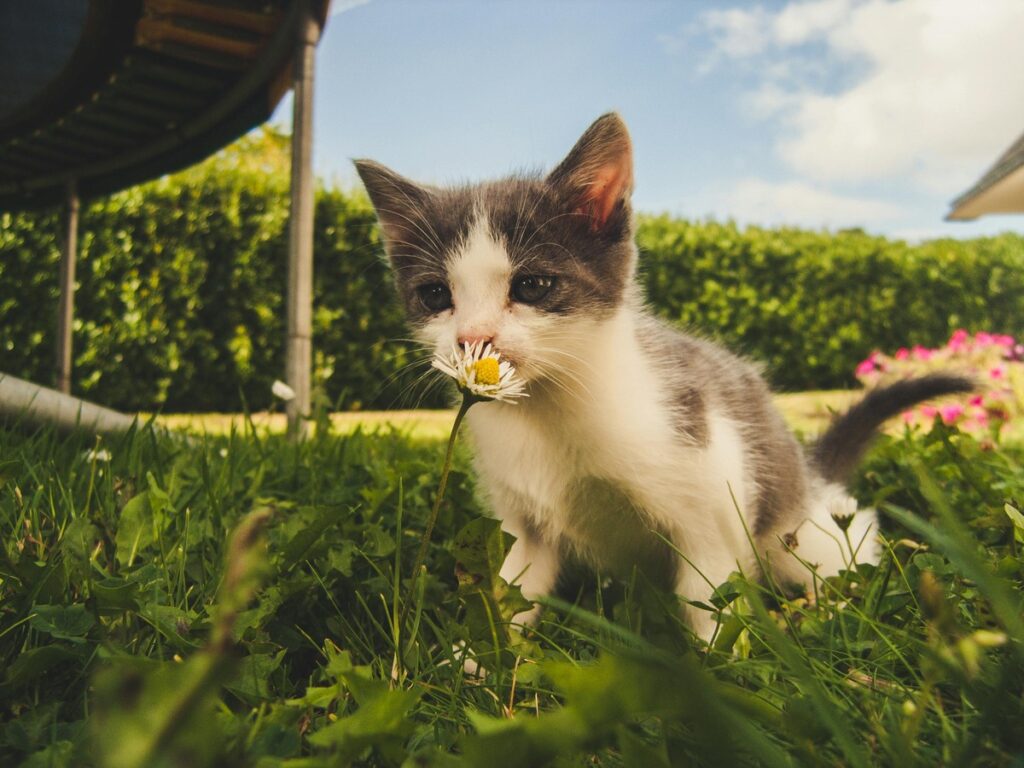
Cats rely heavily on their sense of smell to navigate their environment, and certain scents can attract or repel them instantly. Whether you’re trying to keep your cat away from certain areas or simply want to make their environment more pleasant, understanding which scents they love and hate can help you create a happier home for your feline friend.
Have you noticed any of these scents affecting your cat’s behavior? Let us know which smells your cat loves or hates the most!




